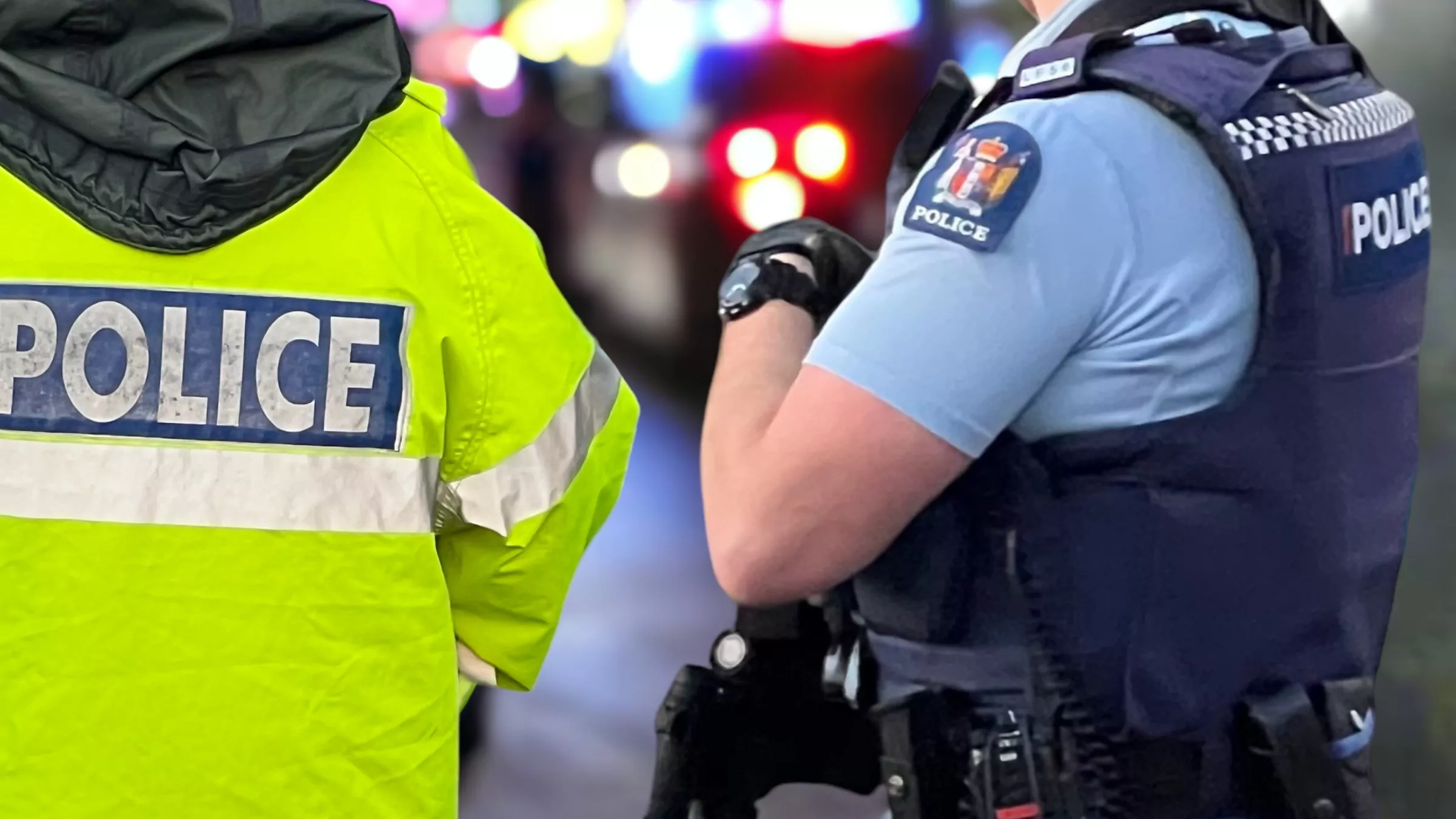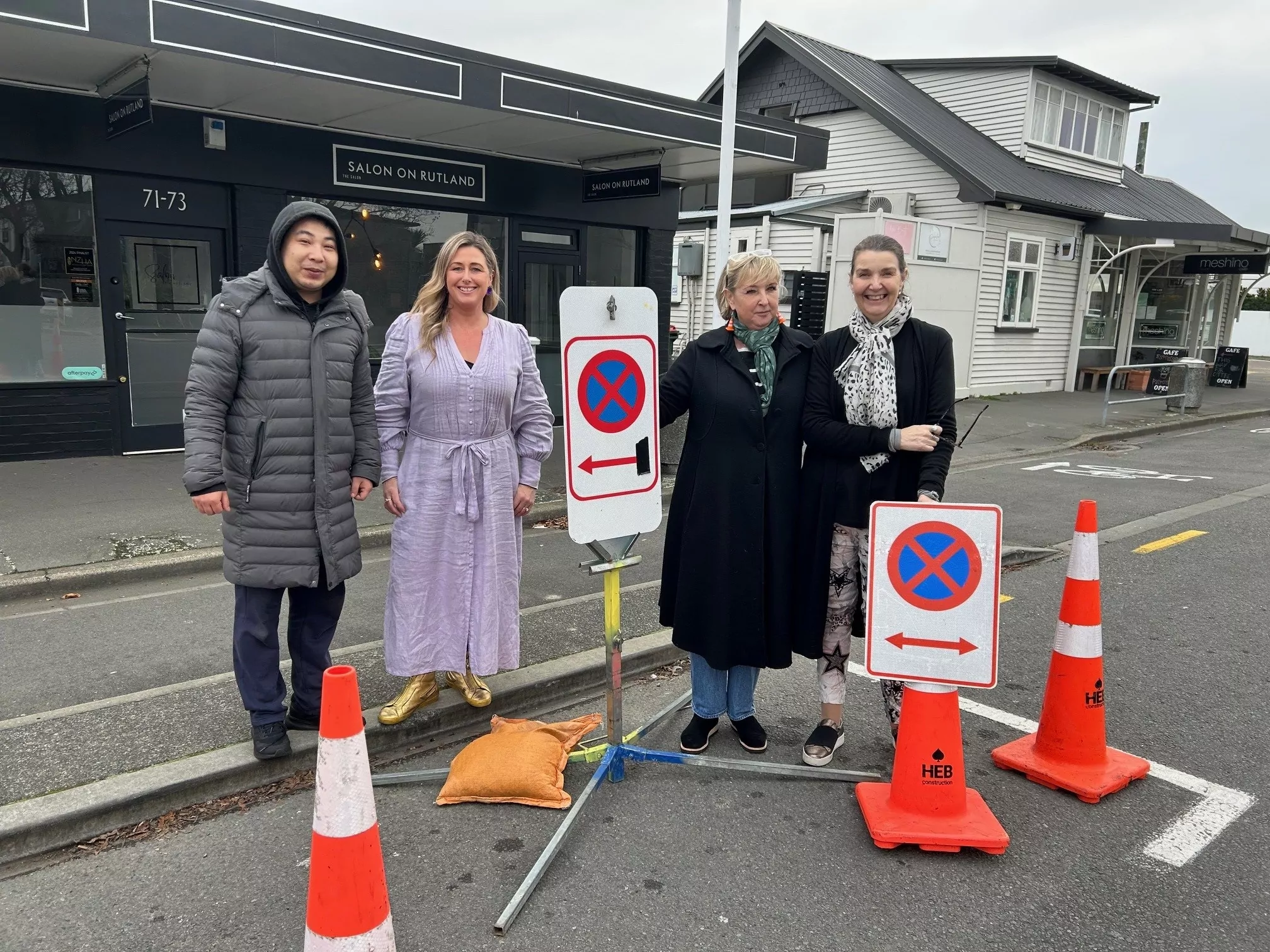At a glance
Only confirmed cases and their household contacts required to isolate
-
All other contacts now asked to monitor symptoms but do not have to isolate
-
Rapid Antigen Tests (RATs) will become the primary form of testing in the community with availability from thousands of sites around the country including pharmacies and GP practices over coming days.
-
Approved RATs able to be sold to the public through retail outlets from March.
Ministers have confirmed a move to the next phase of the Government’s Omicron response from 11:59pm tonight (Thursday, 24 February), COVID-19 Response Minister Chris Hipkins said today.
“With daily case numbers in the thousands and forecast to rise sharply during the next few weeks, now is the time to implement the next stage in our plan that will keep New Zealand going throughout the Omicron peak,” Chris Hipkins said.
“These changes will ease some of the pressure on our testing and contact tracing services over the next three to six weeks, while helping to ensure critical services and supply chains remain operational and our economy keeps moving.
“There’s no doubt the next few weeks are going to be tough, but New Zealand is better-positioned than most countries to respond to Omicron. What we’re seeing is what we expected. We just need to stick to our plan as we manage higher numbers of cases in coming weeks before we reach our peak.
“Because so many of us are vaccinated and Omicron is less severe we can have a more devolved response and much greater self-management. Care and support will continue to be there for those who need it most, as it always has been.
“Preparation and supporting one another will be key. We’ve been asking people to prepare for the last few weeks, both mentally and by putting plans in place. Making an isolation plan or ‘stay at home’ kit with friends and whānau, and being ready to use the tools that are available to allow resources to be directed towards protecting the most vulnerable
“From now on the number of hospitalisations will replace case numbers as our key metric.”
Chris Hipkins said New Zealand is one of the most vaccinated countries in the world, which means that for most people, Omicron will be a mild to moderate illness.
“That should make the next period less of a worry for the vast majority of people. But we are still strongly encouraging people to get boosted. You are much less likely to need hospital care and new evidence shows it helps lower the likelihood of getting infected and transmitting COVID-19 to others. So please, for those who aren’t yet boosted, it’s now urgent.
“There are three major changes to how we will manage this phase:
Isolation
“From midnight tonight, close contacts will no longer be required to self-isolate and only confirmed cases and household contacts of a confirmed case will be required to do so. Confirmed cases and household contacts should isolate for 10 days but can now self-release after day 10, providing any testing requirements are met. If they develop symptoms, they are encouraged to test sooner.
“We are continuing to support our critical services to operate. The critical worker exemption scheme we announced this month will enable eligible household contacts to return to work during their isolation periods by returning a daily negative Rapid Antigen Test, and should it become necessary we may consider supporting probable or confirmed cases to return to work.
Testing
“There are also changes to how we test, and who should get a test,” Chris Hipkins said.
“With millions of RATs now distributed around the country to testing sites, GPs, pharmacies and within workplaces, RATs will become the primary form of testing. You can now access a RAT from hundreds of locations around the country, making getting a test much easier and over the coming days the number of access points will increase significantly.
“Locations which have RATs available can be found on the HealthPoint website. PCR testing will be reserved for people where it’s clinically indicated they need it. A PCR test will no longer be required to verify a positive RAT result.
“In addition, approved RATs will soon be able to be sold to the public through retail outlets. This will provide choice and access for the general public and small businesses.
Contact tracing
“As a country, we’re moving to a stance of greater self-management. This will include use of a new self-investigation tool which will support positive cases to self-notify contacts.
“Because only household contacts are required to isolate, the tool will assist us to track high risk exposure events or locations. Contact tracing teams will now focus on identifying and tracing those who have visited these high-risk location such as hospital or aged care facility.
“There will be continued support for those members of our community who are not digitally set up,” Chris Hipkins said.








